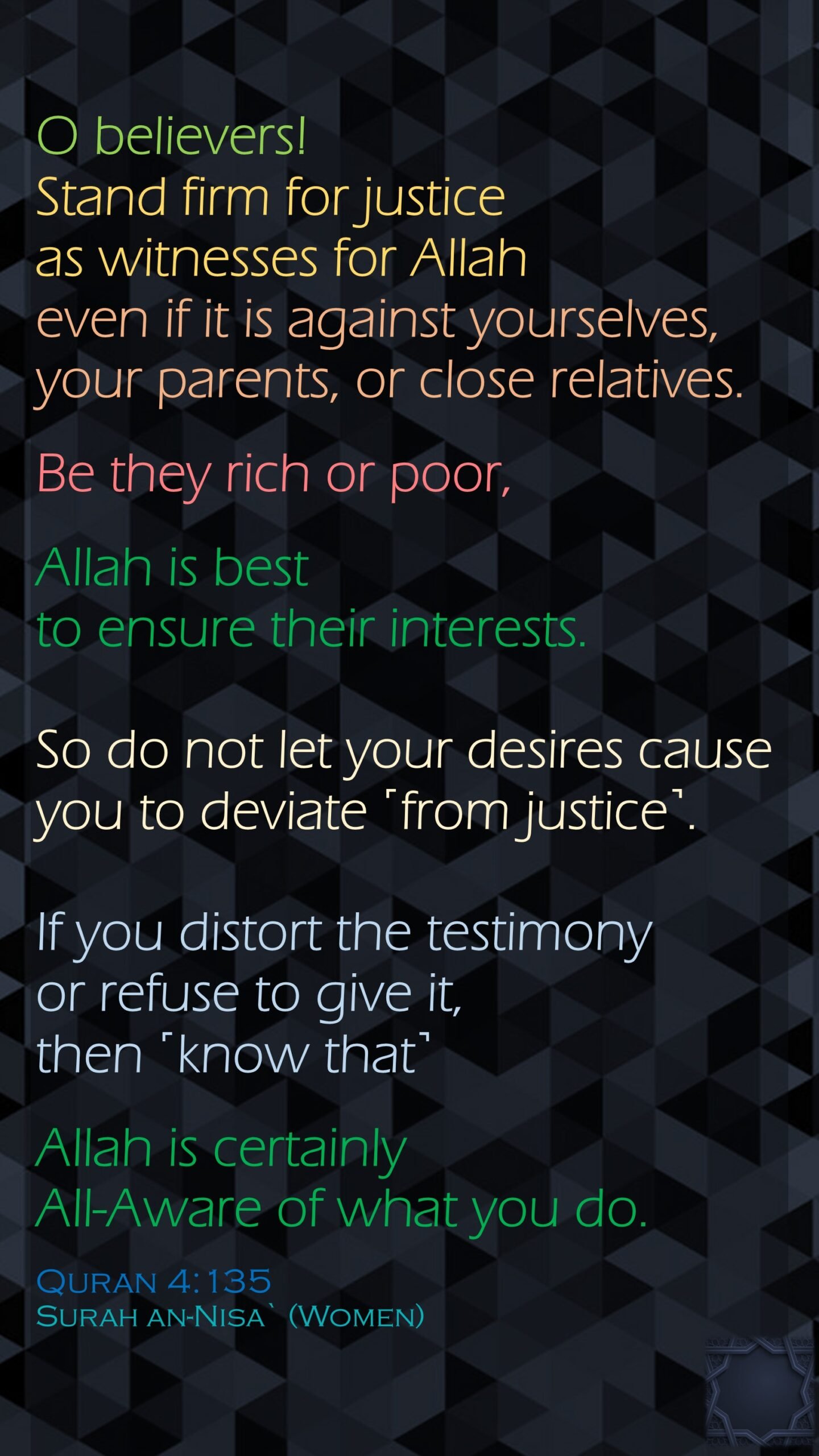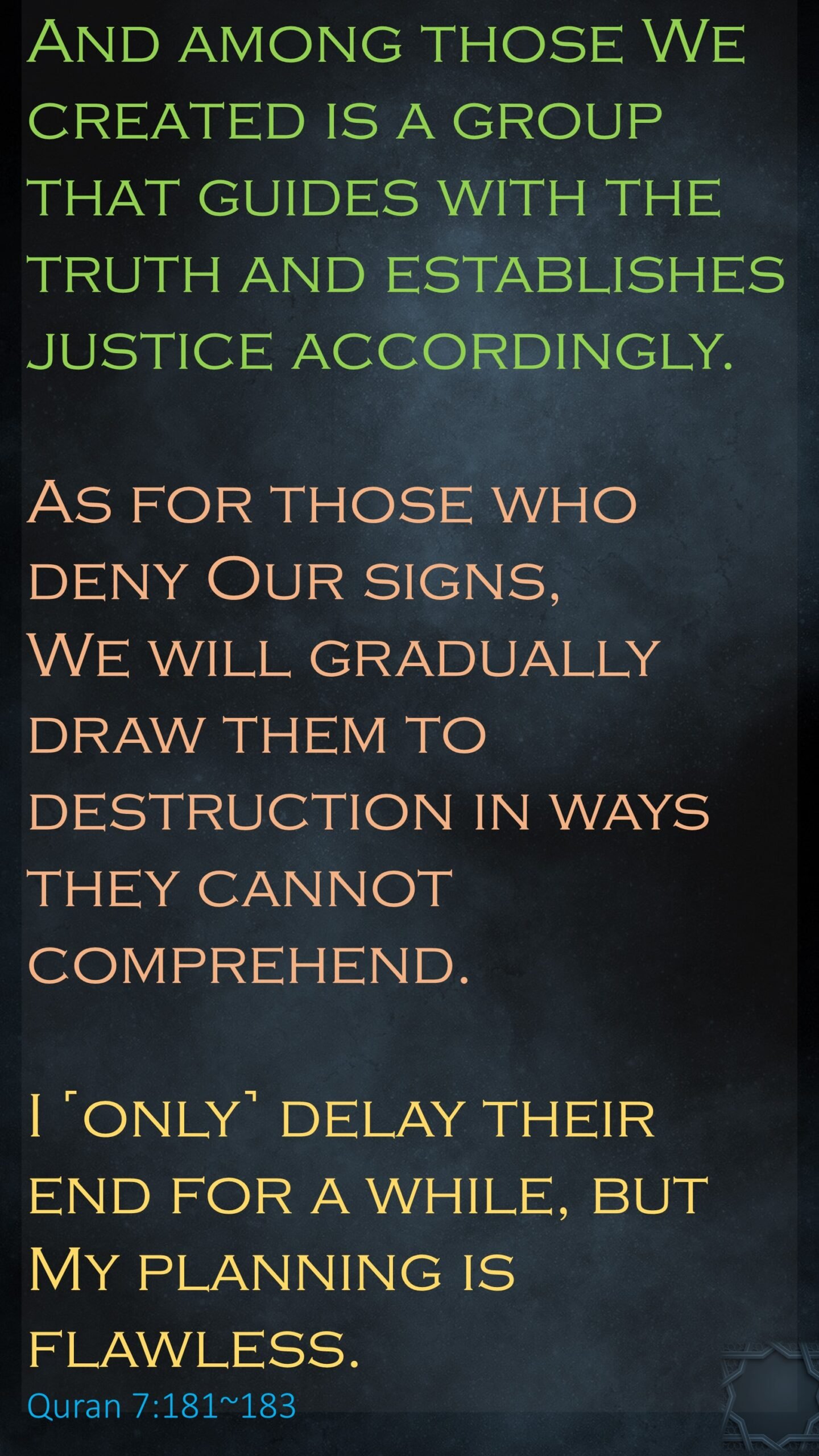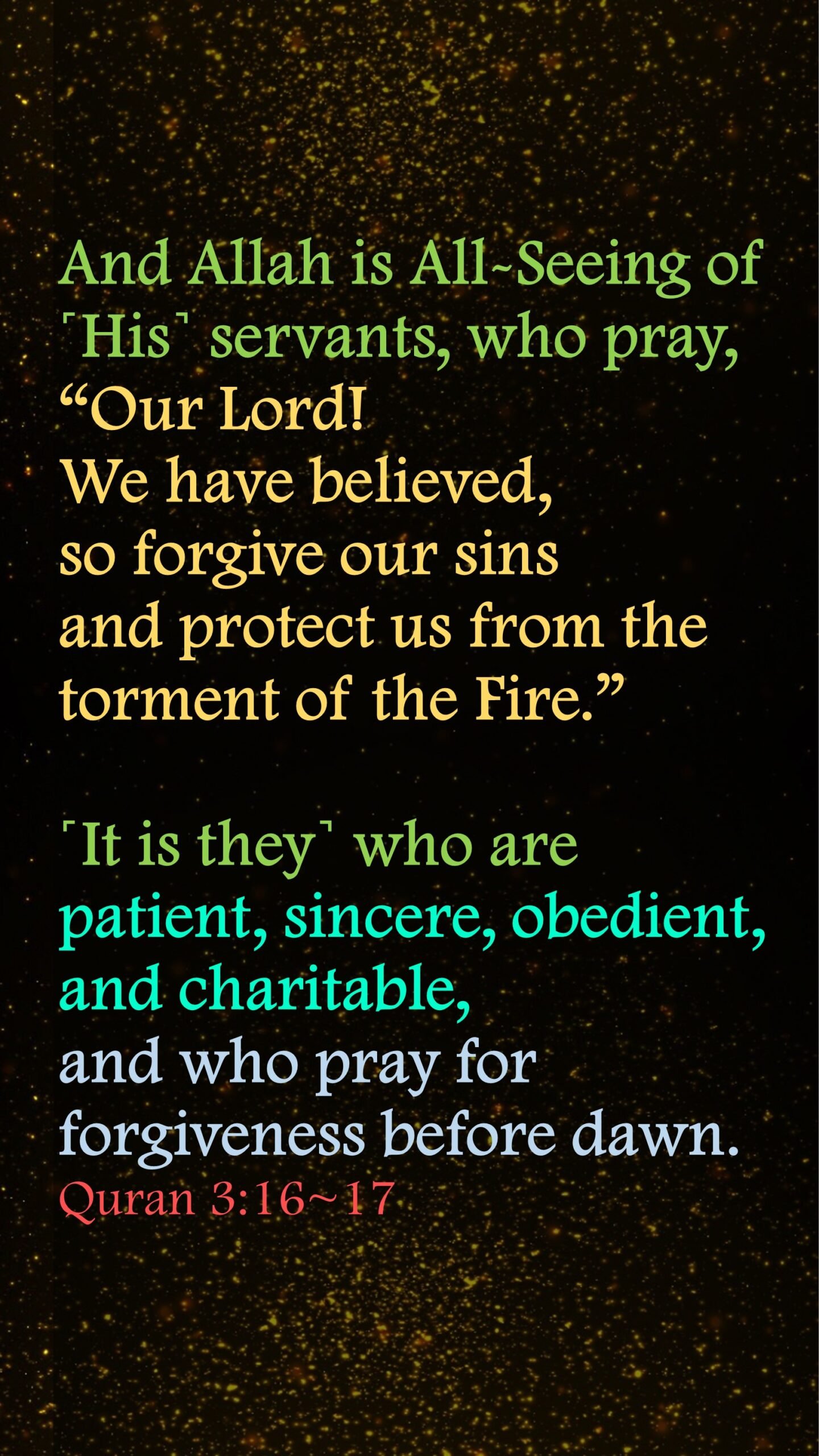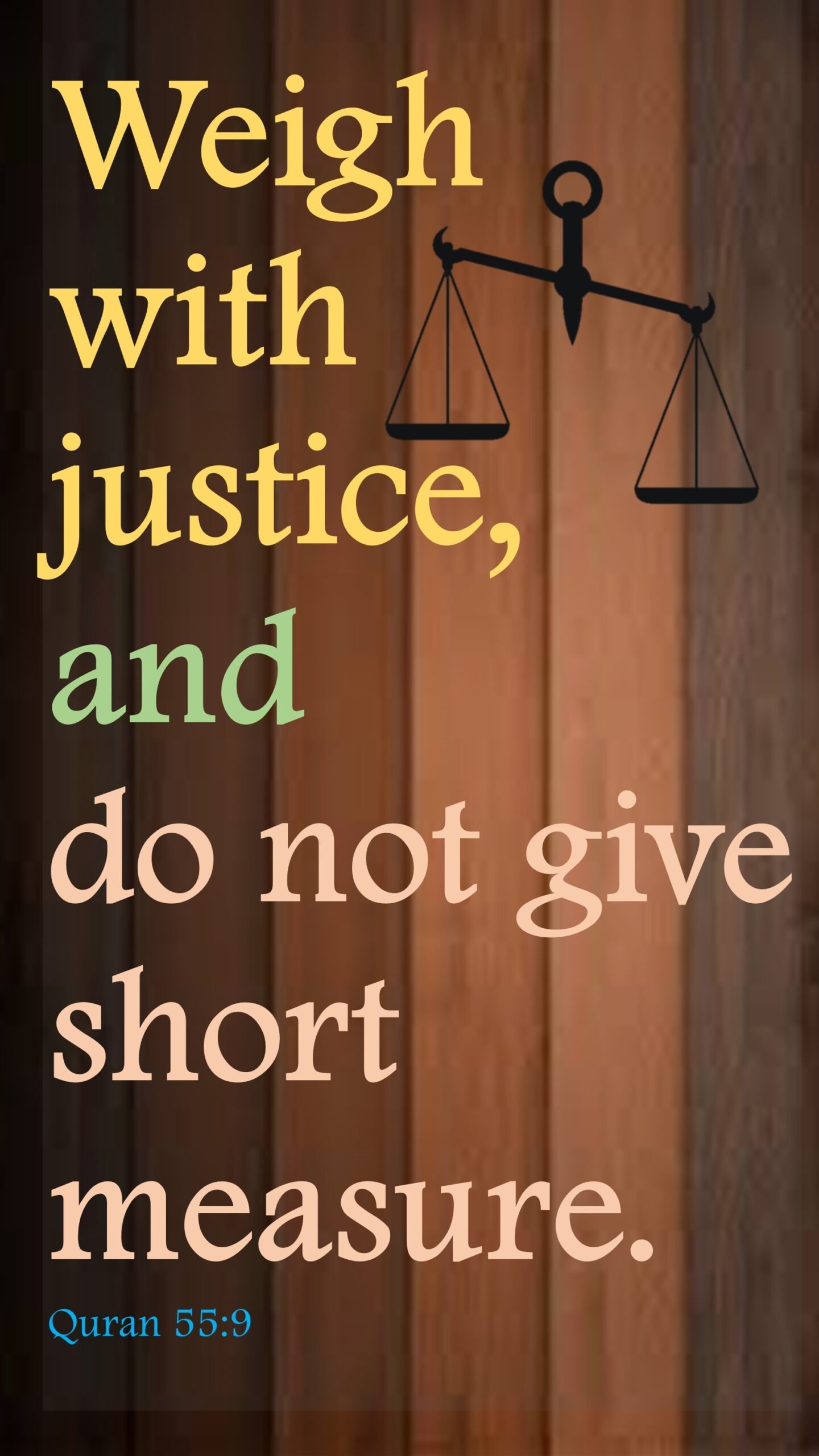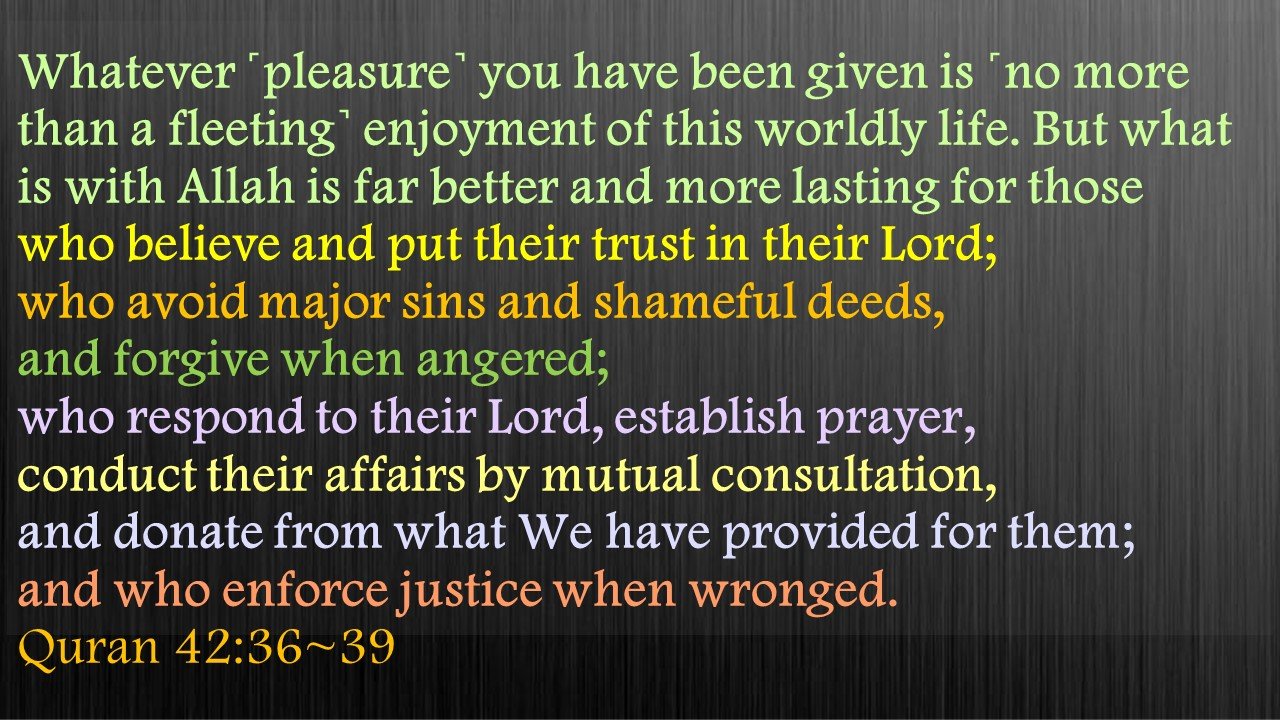Skip to Content
Tag Archives: justice
- Home -
- Posts tagged "justice"
18
Sep, 2025
Islam, Quran
004, 135, All-Aware, Allah, An-Nisa, ayat, believe, daily, desire, deviate, distort, firm, friend, inspirations, interest, islam, islamic, justice, Muhammad, poor, quran, refuse, reltive, rich, Surah, testimony, witness, women
29
May, 2024
Islam, Quran
Allah, ash-Shura, aspire, ayat, blame, counsel, daily, eed, endure, enforce, evil, inspirations, islam, islamic, justice, Muhammad, painful, pardon, patient, Punishment, quran, reconcile, resolve, reward, suffer, Surah, trangress, unjust, wrongdoer, wronged
13
Oct, 2023
Hadees, Islam
Accountability, Allah, Brotherhood, daily, Economic Justice, Equality, Finality of Prophethood, Guidance from the Quran, Human Rights, humility, inspirations, islam, islamic, justice, Muhammad, PBUH, piety, Responsibility, Rights of Women, taqwa, Unity, Worship of One God
7
Mar, 2023
Islam, Quran
181, 182, 183, Allah, ayat, comprehend, crated, daily, delay, deny, destruct, end, establish, flawless, group, inspirations, islam, islamic, justice, not, planning, quran, signs, Surah, truth, while
31
Oct, 2022
Islam, Quran
All-Wise, Allah, Almighty, Angels, ayat, chapter 3, daily, Him, Himself, inspirations, islam, islamic, justice, knowledge, Maintainer, no god, people, quran, Surah, Verse 18, witness, worship, worthy
23
Aug, 2022
Islam, Quran
Ar_Rahman, ayat, Chapter 55, daily, inspirations, islam, islamic, justice, measure, not, quran, short, Surah, weigh
29
Dec, 2021
Islam, Quran
ayat, Chapter 42, consult, daily, donate, eternal, forgive, Heaven, inspirations, islam, islamic, justice, quran, Surah, trust, Verse 36, Verse 37, verse 38, verse 39

